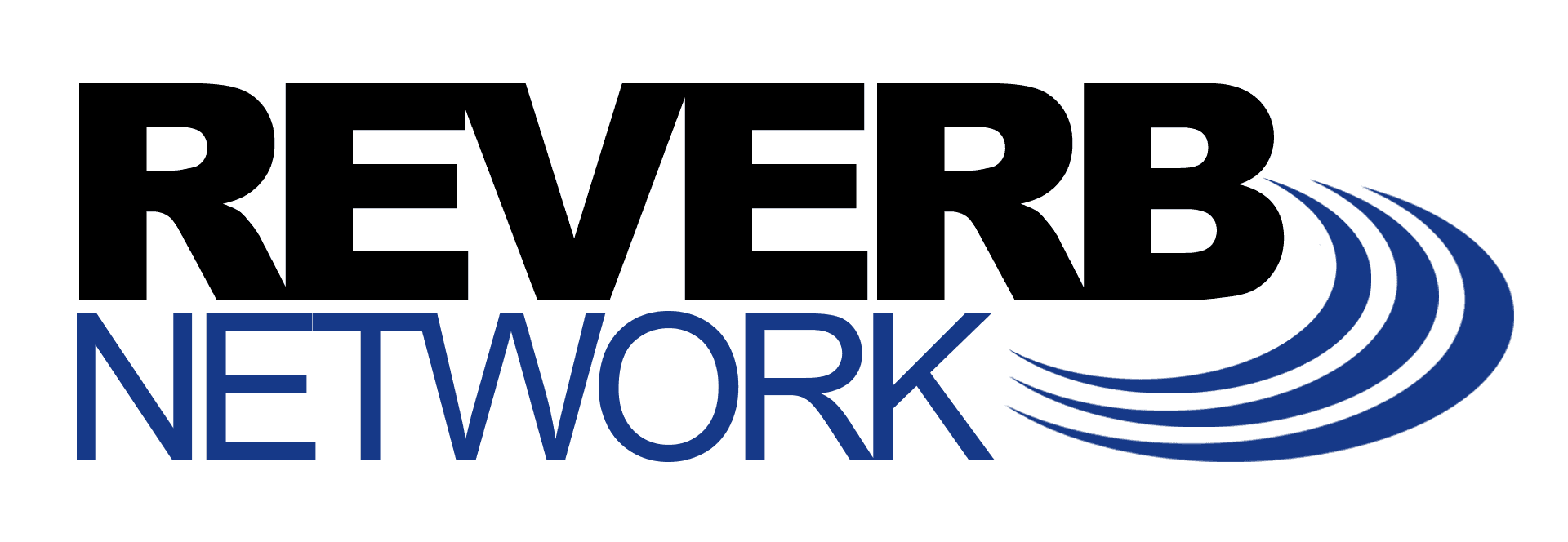Long-Range Planning
[Coaching Lesson #8 from our Serving Leadership Development Program—Achieving Organizational Effectiveness, Phase 4]
Looking ahead into the future is an essential characteristic of effective leadership. All leaders and their organizations need a clear and compelling vision if they are to mobilize their followers. Yet, having a vision by itself is not enough. We also must have a “plan” to accomplish it. A long-range (strategic) plan serves as a “road map” to help us achieve the mission and vision that God has given us. It takes intentional effort to seek God’s inspiration and guidance in order to discern His will.
Jesus’ Strategic Plan (Acts 1:8)
Just before Jesus returned to the Father, He gave His disciples “the” plan for accomplishing the mission of “making disciples of all nations.” It was a very specific plan that would help them achieve this goal. They were to be His “witnesses” in Jerusalem, Judea, Samaria, and to the ends of the earth. Each locality represented something different to the disciples. Jerusalem was close to home where they would have ample opportunities to share the good news with family, friends, and those of a similar worldview. Judea would require some travel and strategic targeting of numerous outlying areas surrounding their homes. Samaria would require them to overcome prejudice and share the good news with those their culture despised. Finally, taking the Gospel to the ends of the earth would require an all-out commitment. It would take hard work to cross geographical, linguistic, and political barriers. Jesus’ strategy, along with His method of developing disciples, would “turn the world upside down” within the first two centuries as the Church rapidly grew and the gospel spread.
Commit Your Plans to the Lord (Proverbs 16:3 & 19:21)
Throughout Biblical history, God’s people have been called to be strategic planners. Moses developed and implemented plans to equip and appoint officials for the people of Israel to serve as Judges (Exodus 18). David planned for the building of the Temple in Jerusalem (1 Chronicles 22). Nehemiah made careful plans for the rebuilding of the walls of Jerusalem (Nehemiah 1-2).
Prayer, thoughtful analysis, discernment, and wisdom are essential requirements necessary to develop successful long-range plans. There are five phases of an effective planning process:
- Analysis, which asks, “Where are we now?”
- Visioning, which asks, “Where does God want us to go?”
- Planning, which asks, “How are we going to get there?”
- Resources, which asks, “How are we going to get the funds to pay for it?”
- Implementation, which asks, “Are we on track?”
Strategic/long-range planning can help leaders ascertain God’s direction for their organization and allow them to act courageously and responsibly as they work to achieve their mission and vision.
Discussion Questions:
- How effective is your church/organization at making plans for the future? Why?
- Which of the five phases of planning does your church/organization need to improve?
- Is your long-range plan aligned with your mission and vision? If not, why?
- What process does your church/organization use to analyze/assess how well you are doing at achieving your planning goals and objectives? Is it effective? If not, how could you improve it?














